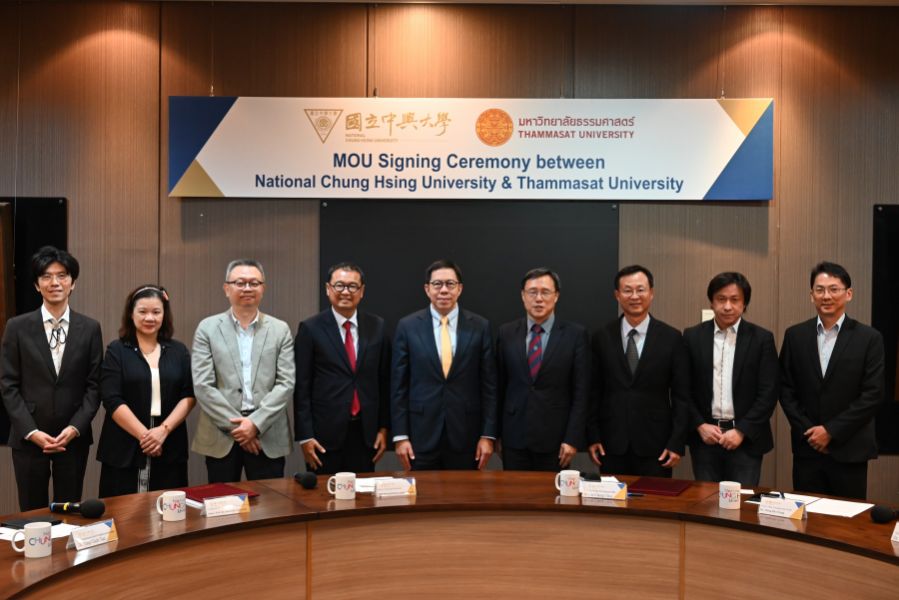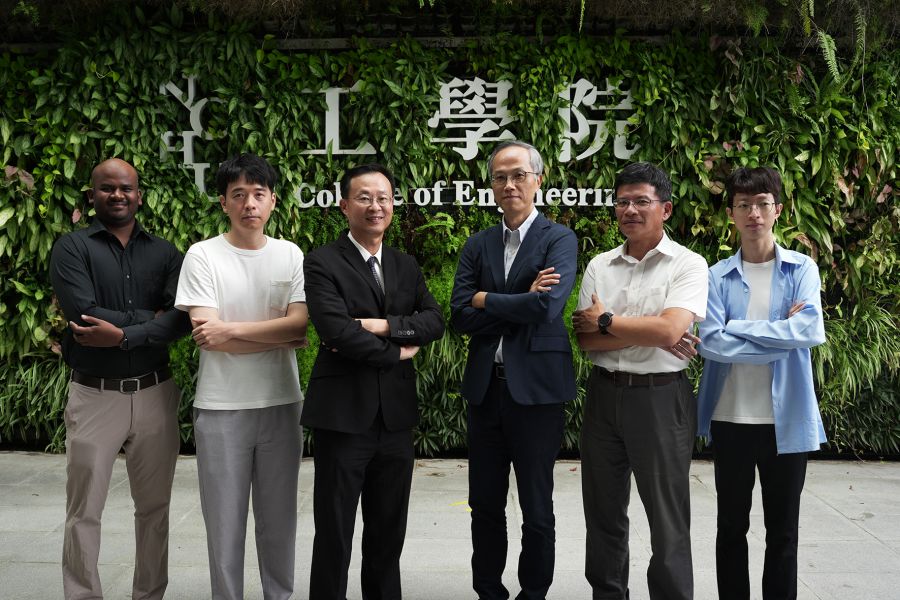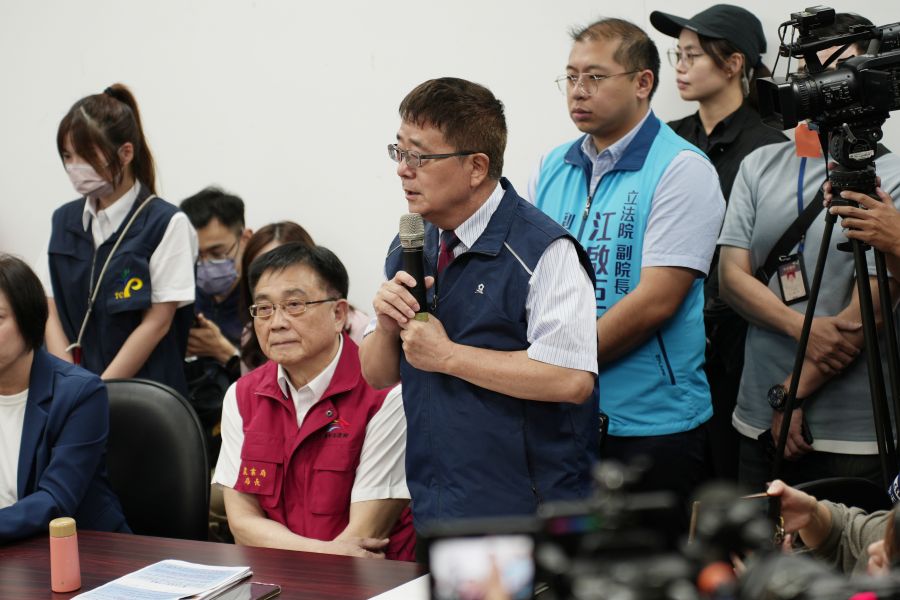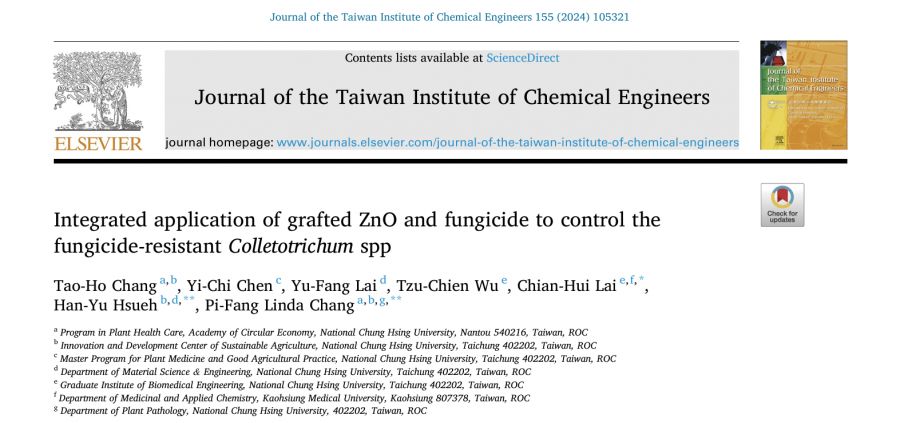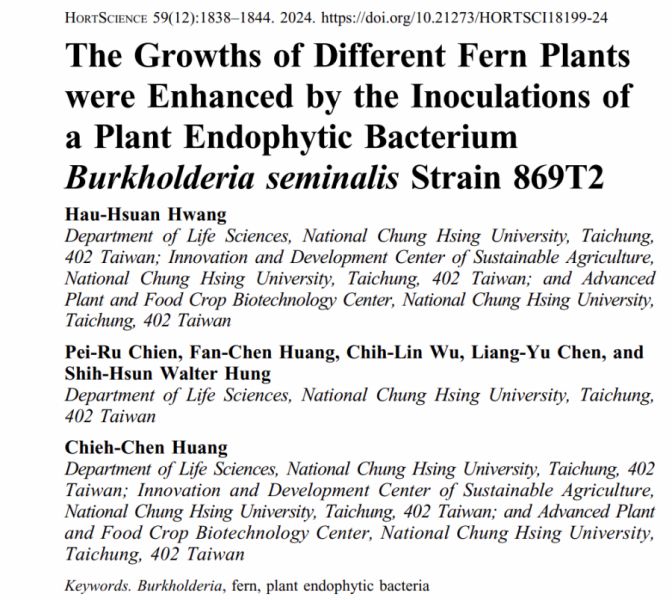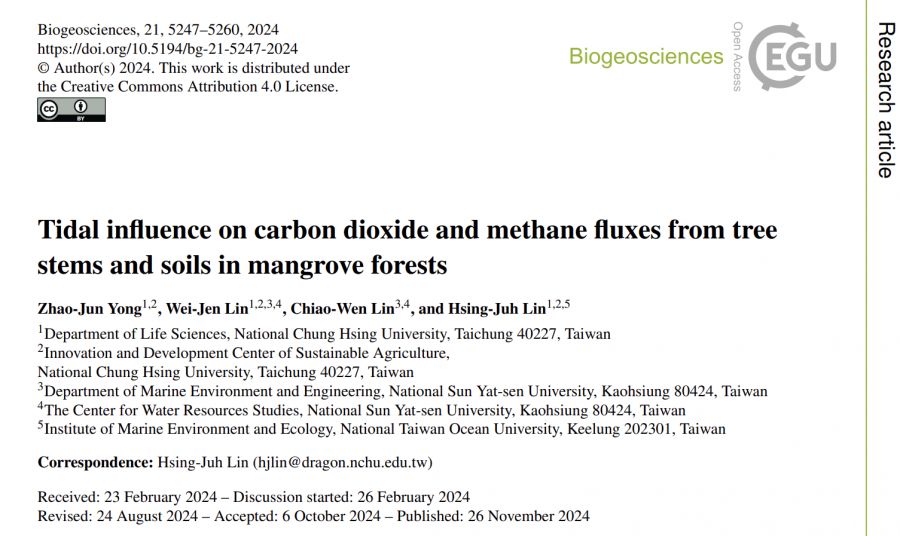
The First Seminar in Taiwan on UN Sustainable Development Goal 13 Attracts the Participation of Over 100 Scholars
Source: 2020-11-10/National Cheng Kung University
In response to the United Nations Sustainable Development Goals, National Cheng Kung University’s Office of Research and Development and its Department of Civil Engineering held Taiwan’s first large-scale seminar on SDG 13, attracting over 120 participants for an active, engaging event. The seminar was aimed at creating ripple effects and demonstrated the ambition of NCKU and participating scholars to pursue a more sustainable environment.
During the opening ceremony, Tsair-Fuh Lin, a distinguished professor of the Office of Research and Development, represented NCKU President Dr. Huey-Jen Jenny Su for the opening remarks and shared NCKU’s research achievements and international collaboration experience in climate action research. Participants came from National Taiwan University, National Sun Yat-Sen University, National Chung Hsing University, National Science and Technology Center for Disaster Reduction, and NCKU Disaster Prevention Research Center and included prominent scholars from Taiwan as well as young scholars brimming with potential. Interdisciplinary content was presented in a clear, engaging manner, and research and assertions on seminar topics were detailed in layperson terms to provide participants with a straightforward understanding of professional knowledge. Throughout the event, the participants attentively listened to presenters, and they were able to engage and proactively interact during activities.
Associate Professor Hung Ching, who served as the seminar convener, explained that due to climate change becoming the new norm, the frequency and severity of its impacts may increase. Taiwan’s history of severe disasters include the devastation of central and southern Taiwan by Typhoon Morakot in 2009, severe casualties caused by the 2016 Meinong earthquake, and the burial of residents due to debris flow in the mudstone area of Yanchao in southern Taiwan. NCKU has actively guided research teams in investigating how natural disasters occur and in devising constructive prevention, management, and coping strategies. In doing so, NCKU demonstrates leadership in academic research.
Professor Chih-Hsin Chang, representing the National Science and Technology Center for Disaster Reduction, shared Taiwan’s statistical research results on severe disasters around the world. Chang also explained how the occurrence of disaster incidents has contributed to recent improvements in disaster prevention awareness and capabilities. Chang proposed potential issues in discussions on disaster prevention and protection between Taiwan and overseas countries, and emphasized the cruciality of preparing disaster prevention strategies for an aging society.
Kun-Yi Lin, a distinguished professor of National Chung Hsing University, imparted knowledge on biowaste recycling and reuse technology development, the conversion of biowaste into resources, and the feasibility of lignin reuse. According to Lin, the technology is currently in the experimental stages and is intended to develop into a continuous mass-production technology that converts lignin-derived vanillyl alcohol into fuel, focuses on increasing the production rate of vanillyl alcohol, and produces vanillyl alcohol for use in food products.
Finally, I-Yun Hsieh, an associate professor at National Taiwan University, shared her research results on electric vehicles during her doctoral studies at Massachusetts Institution of Technology. Setting the country with the fastest growing electric vehicle market, namely China, as her research target, Hsieh employed economic analysis methods to research influential factors and environmental benefits of the development of electric vehicles in China.
Through the seminar, participating scholars appreciated the value of sustainable development in Taiwan and recognized NCKU’s willingness to serve and contribute to society. The participants were encouraged to participate more actively in sustainable development–related activities and to devote themselves to achieving global sustainable development.


